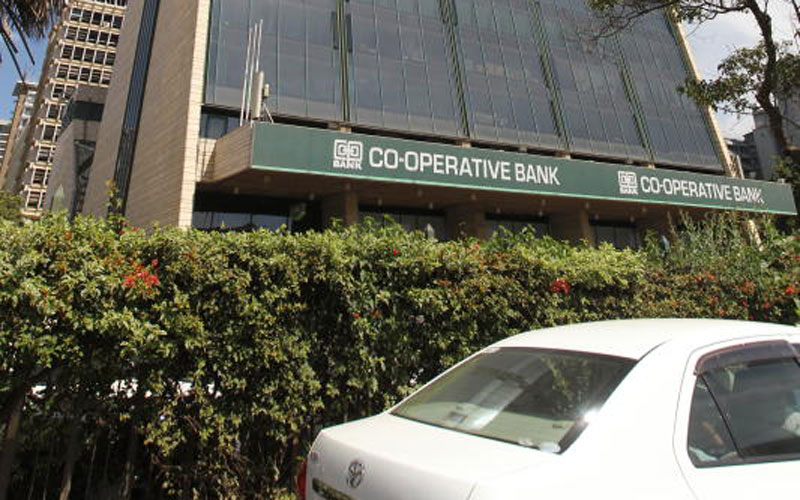Cooperative Bank House in Nairobi. [Jonah Onyango, Standard]
×
The Standard e-Paper
Kenya’s Boldest Voice

Cooperative Bank House in Nairobi. [Jonah Onyango, Standard]
Salary advance borrowings from the Co-operative Bank of Kenya (Coop Bank) rose to an average of Sh164 million daily last year, pointing to the tough balancing act facing salaried employees.